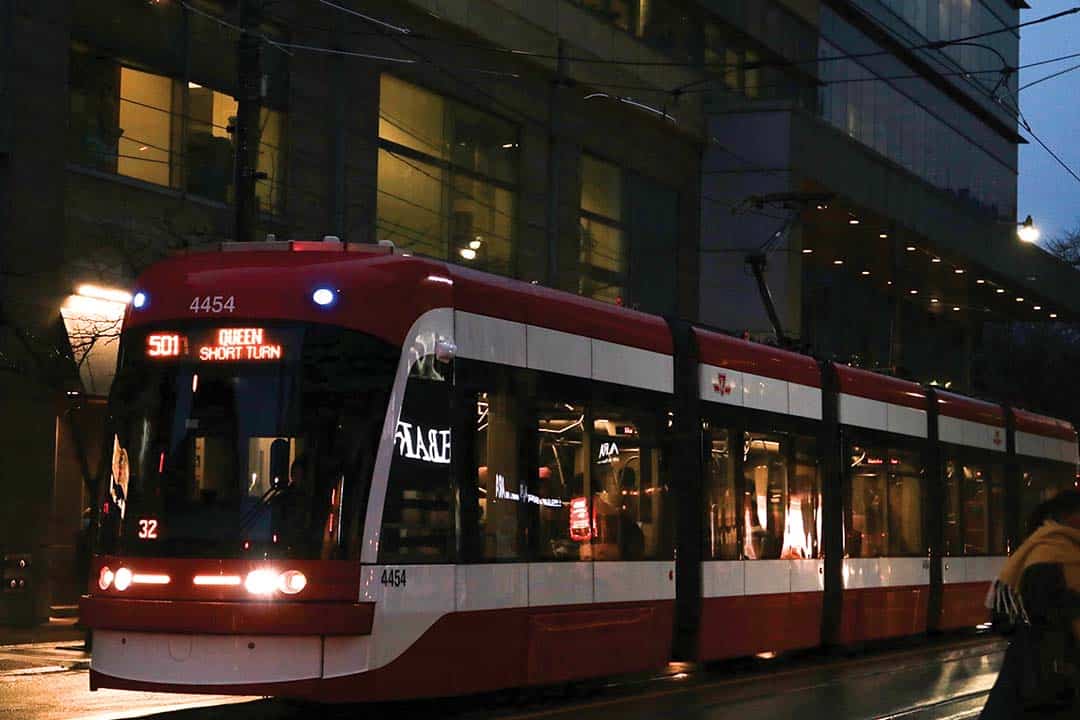In January, Mayor John Tory proposed the City of Toronto’s new 2023 budget, which the City Council will review on February 14. The budget encompasses all municipal services. It indicates which public services the City will prioritize this year and how it plans to fund them.
Increasing property taxes will push up rent
Property owners will have to pay seven per cent higher fees on their residential property starting this year, as taxes increase by 5.5 per cent and building levies increase by 1.5 per cent.
The 5.5 per cent tax hike is supposed to offset the effects of the COVID-19 pandemic and economic uncertainty. This will lead to a spike in fuel prices and interest rates, increasing the City’s expenses.
Tory has asked the provincial and federal governments for bailouts to assist with pandemic-related economic recovery for several years, but the requests for 2023 have not yet been answered. If the City does not receive bailouts this year, they may resolve to top up property tax increases to 24 per cent.
What does all this mean for the average Toronto student? Put simply, landlords could be more pressured to increase rent. Average rent has continued to soar since the summer of last year for a variety of reasons, thereby making housing less accessible, and bolstering the homelessness crisis.
Housing accessibility projects will receive more funding
At the same time, the new budget addresses housing accessibility. It allocates $18.85 million to the Multi-Unit Residential Acquisition (MURA) program, $1.15 million less than was allocated last year when the City of Toronto launched the program. MURA is essentially a fund for a non-profit housing sector; the city purchases vacant, privately owned residential properties and converts them into affordable housing units.
MURA aims to curb gentrification — the process by which developers convert low-valued property into higher-price residences, making them inaccessible to tenants with smaller budgets. As such, the City looks for properties that are deemed “at risk” of being developed into more expensive units.
20 per cent of MURA’s funding is dedicated to Indigenous housing organizations, which aims to provide accessible housing to Indigenous tenants in the City, in line with the City’s Truth and Reconciliation commitments.
The 2023 budget also proposes $3.5 million for implementing the new multi-tenant housing framework, which will make rooming houses legal in areas of Toronto where they are currently prohibited. Although rooming houses are already legal in the Downtown Core around UTSG, the new legislation may diffuse the pressure from the Downtown housing market by drawing potential tenants toward the periphery of the City.
The police force will gain 290 more members
The budget proposes funding for 16 more Toronto Police Services officers to patrol neighbourhoods, 162 more officers to respond to calls, and 22 more officers to work on major cases. It will also add 90 special constables, who execute search warrants, perform court orders, guard and escort those in police custody, and perform other duties. In total, the Toronto Police’s proposed budget is increasing by $48.3 million.
Tory’s prioritization of the police comes in part as a response to the numerous random attacks on Torontonians recently, including the January 24 attack on a U of T undergraduate student.
Individual Torontonians are denouncing the $48 million increase. Data from major urban centers across Canada indicates increased police presence has been proven to be ineffective at deterring violence, but it does jeopardize people who are homeless and going through mental health crises, as well as members of Black and Indigenous communities.
Reduced TTC services, more fare inspectors
While the TTC’s budget is dramatically increasing on paper, the vast majority of that money is going toward the new Light Rail Transit lines in Eglinton, Crosstown and Finch West . The money left over for existing TTC services is insufficient to cover existing operations, given that revenue from ridership fares has decreased.
Bus, streetcar, and subway services will be cut by five per cent, while fares will increase by 10 cents to make ends meet. Riders should expect buses and streetcars to come by less frequently.
On the other hand, 50 additional TTC special constables will be hired, who will inspect riders for fare evasion and patrol TTC stations and cars.


